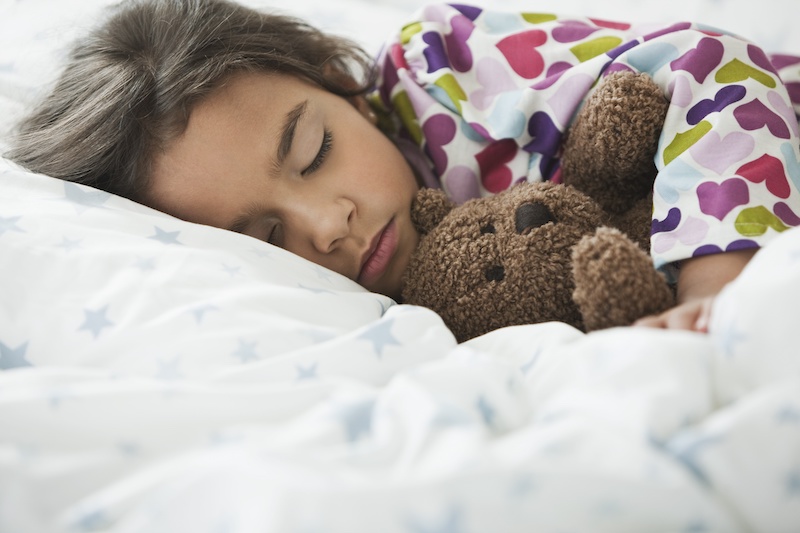Topics

Photo courtesy of Getty Images
I'm going to do something completely taboo and not discuss politics for a hot second. I'm here to talk about something vital to our children's learning, mental health and overall well-being: sleep.
As a child neurology resident physician, I have seen all too well the impact of sleep deprivation or poor quality sleep on the exacerbation of chronic medical conditions, mental health and behavioral problems among children in our Houston communities. Research shows toddlers who don’t get adequate amounts of sleep are more likely to struggle with obesity, even into adulthood. We know poor sleep quality is associated with more frequent headaches in our children who suffer from migraines. Teens who do not sleep well are more likely to struggle with anxiety and depression, which is particularly concerning given that suicide is the second leading cause of death in the U.S. for children 12 to 24 years of age.
Sleep deprivation doesn’t always present as falling asleep frequently or wanting to take more naps, especially in children. In kids, sleep deprivation can manifest as behavior problems or hyperactivity.
How much sleep do you think your child actually needs? It might not be what you think. A good rule of thumb is 10 hours of sleep at 10-years old, or “10 at 10,” with younger children requiring more sleep and older children requiring slightly less. Specifically, a toddler needs about 11 to 14 hours of sleep per day and a preschool aged child needs about 10 to 13 hours per day. Children ages 6 to 12-years-old require 9 to 12 hours and teens still need 8 to 10 hours of sleep each night. I know many of us find it difficult to even catch 6 to 7 hours of sleep ourselves, so I’d like to present some suggestions to help you and your families achieve more adequate sleep.
- Cut out screen time (TV, cell phones, iPad, video games) one hour before bed. We all know that having the self-control to stop scrolling on social media or to actually pause the TV after a four-hour Netflix binge is difficult, and helping your children to build these skills now will set them up for future success. It is important to help them cut out this habit now because screens keep our minds engaged, delaying REM sleep, and because the blue light in screens can disrupt our normal sleep wake cycles.
- Work on setting a routine. This can be easier said than done, but I urge you to simply start with everyone in your family deciding on their own bedtime routine that they want each night. Think of something short, simple and relaxing. Many people like to do things like read, journal, stretch, do gratitude practices, take a warm bath/shower or have a warm glass of caffeine-free tea or milk. Once a bedtime routine has been established, you can work towards going to bed at the same time and waking up at the same time each day, even on the weekends.
- Never use substances like Benadryl or Nyquil to help your child fall asleep. Yes, they may get your child to sleep faster, but the quality of their sleep cycles will be poor, leaving them feeling tired and groggy the next day. For the parents, the same reasons apply to alcohol just before bed.
Sleep is the most natural remedy for improving our stress levels, mental health and other chronic medical conditions. Sleep is just as important as good nutrition and regular physical activity for our overall well-being, and we should prioritize teaching our children good sleep hygiene. In recognition of World Sleep Day on March 19, let’s do our part to raise awareness about the importance of sleep and our health.
Click here for information about Texas Children’s Sleep Center, one of the few accredited centers in the country specializing in the evaluation and treatment of sleep disorders in children.


